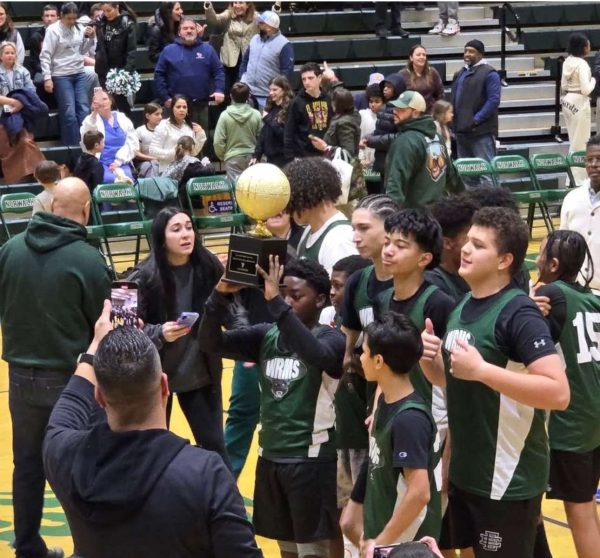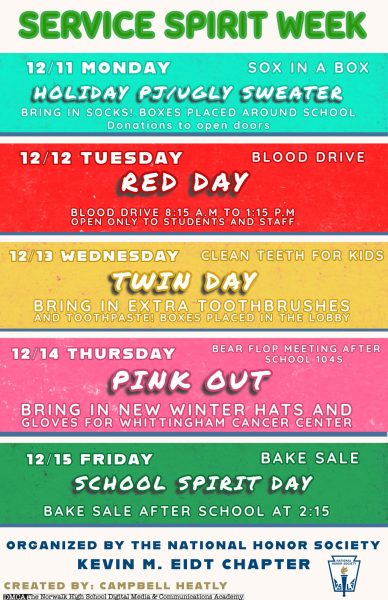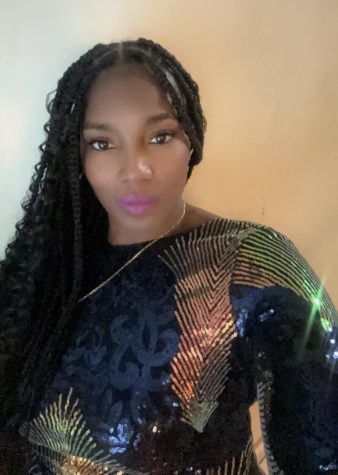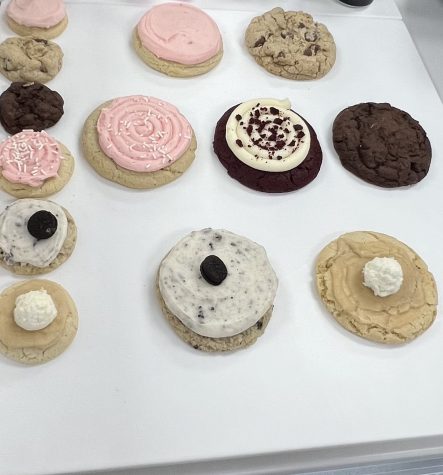A Gen Z Karen

Urban Dictionary defines the term, “Karen,” as a “Middle aged woman, typically blonde, who makes solutions to others’ problems an inconvenience to her although she isn’t even remotely affected.”
Karen memes have become very popular over the past few years. The term is said to have originated around 2010 on Black Twitter. From there, the joke made its way to the mainstream. Hairstyles, clothing, and choice of tone, have all been assigned to a “Karen.” Words such as entitled, privileged, and annoying have also become synonymous with the name.
Karen was the fourth most popular name in the 1960s for newborn girls, peaking at #3 on Social Security lists in 1965. In 2019, 438 girls named Karen were born in the United States. The name, although slowly dying out, remains fairly popular.
Karen Kelly, a 22 year old grad-student at the University of New Hampshire says she “Feels embarrassed,” to introduce herself to others. Karen does not fit the Urban Dictionary definition of her name. She is not middle aged nor blonde, and as a person who struggles with “Severe awkwardness,” she claims she has no power to cause a scene in public.
Kelly was asked about her name and the effect the meme has had on her life she said “I can’t lie, there have been a couple times when I’ve thought of just saying a different name when I’m ordering coffee or meeting someone new that’s my age. I think now there will always be a small level of cringe associated with my name.” Karen continued, “No one in my school had the name Karen so it felt cool to be the only one with that name…no one ever made fun of me for having a ‘middle aged’ name.”
As far as teasing goes, she claims that her friends do not ream into her that much, and that they only go as far as tagging her in Karen memes on Instagram, which she finds hilarious. Despite the negative connotations, Karen does still like her name, “Even after the meme.”
To any young Karens out there, your fellow Gen Z ally Karen Kelly says as “The next generation of Karens, it is our job to change the stereotype…or at least convince people to use a different name.”











